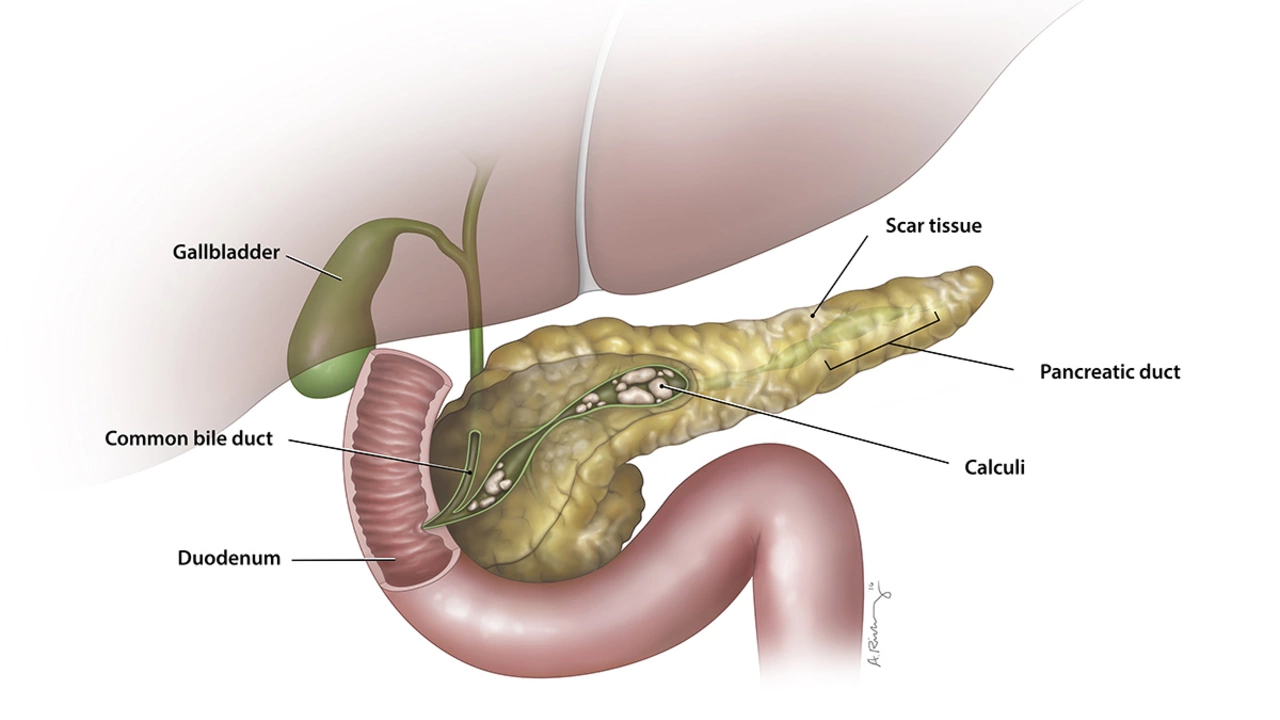Pancreatin: Digestive Enzymes That Help You Break Down Food
Pancreatin is a mix of digestive enzymes — mainly amylase, lipase, and protease — used to help people who can’t make enough enzymes on their own. It’s common after pancreatic surgery, with chronic pancreatitis, cystic fibrosis, or when the pancreas is damaged. The idea is simple: give your gut the enzymes it needs so food is absorbed and digestive symptoms ease.
How pancreatin works
These enzymes target carbs, fats, and proteins. Pancreatin products come as capsules, tablets, or powders. Some are enteric-coated so they survive stomach acid and release in the small intestine. Dose depends on condition and the amount of fat in meals. Doctors aim to match the enzymes to your meal size and fat content.
Typical guidance says take pancreatin with every meal and snack. Start with the prescribed dose and adjust if stools remain greasy, loose, or you still have bloating. Keep a food and symptom log for a week to show your doctor. Lab tests like fecal elastase or nutrient levels help determine if dosing is right.
Safety, side effects, and buying tips
Side effects are usually mild — belly pain, constipation, or allergic reactions. Rarely, high doses have been linked to fibrosing colonopathy, so avoid heavy long term doses without follow up. Pancreatin doesn’t mix badly with most meds, but always tell your pharmacist what you take because tablets can interact or affect absorption of some drugs.
You can find pancreatin as prescription brands and generic enzyme mixes. Generics are often cheaper and work fine if they contain the right enzyme units. Look for products with clear enzyme unit labeling. Store them in a cool, dry place and don’t crush enteric-coated capsules. If cost is an issue, ask the clinic about samples, patient assistance, or pharmacy discount plans.
If you still lose weight, have oily stools, or feel weak, see your doctor. It can take a few weeks to find the right dose. Also check vitamin levels, especially A, D, E, and K, since fat malabsorption drains them. Finally, keep pills with meals, track results, and ask for a follow-up to tweak treatment.
Dosing specifics vary a lot. Some products show lipase, protease, and amylase units on the label so your prescriber can set a dose. In children and people with cystic fibrosis, doctors often calculate enzymes per kilogram or per gram of fat in a meal. Adults usually start low and increase until symptoms improve. Pregnant or breastfeeding people should check with their clinician before starting pancreatin.
Buying safely matters. Avoid sites that hide company details or have no pharmacy license info. Look for clear ingredient lists and dosage units. If price seems too low for a trusted brand, ask the pharmacist about authenticity. Some clinics offer samples or coupons that cut costs without risking quality. Finally, keep a simple checklist: get the enzyme units, confirm enteric coating if needed, store properly, and follow up with your provider.
Have questions? Talk to your pharmacist or GI specialist today.
Pancreatin: The Secret Weapon for Improved Digestion and Overall Health
I recently discovered Pancreatin, a secret weapon for improved digestion and overall health. It's a mixture of digestive enzymes that help break down proteins, fats, and carbohydrates in our food, making it easier for our body to absorb nutrients. Since I started taking it, I've noticed a significant decrease in bloating and indigestion. Plus, my energy levels have improved, and I feel more vibrant overall. If you struggle with digestive issues, Pancreatin might be worth looking into for a healthier lifestyle.
Read More
